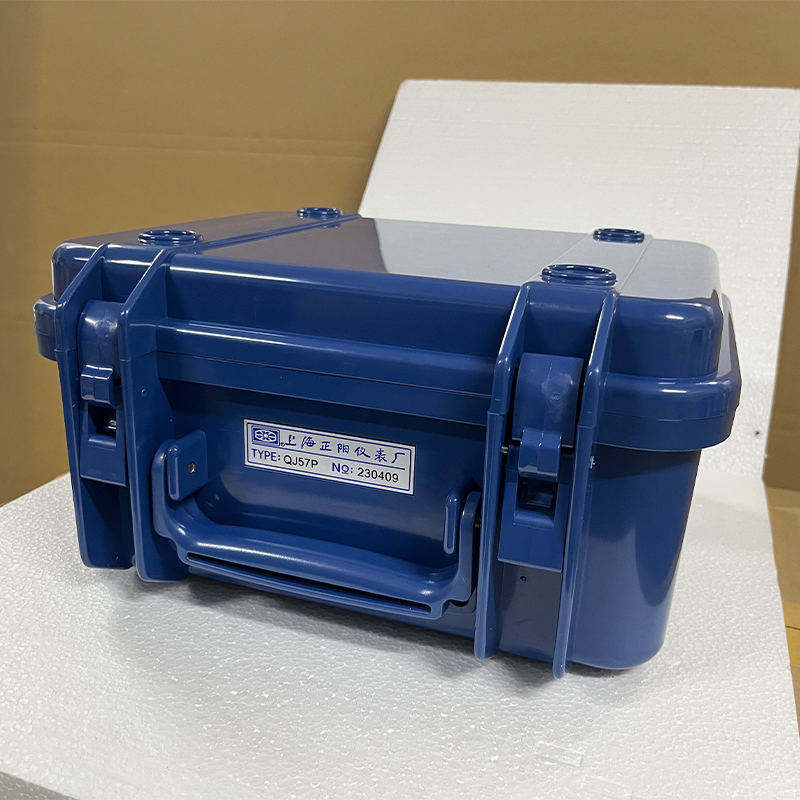machines to measure resistance suppliers
Exploring Suppliers of Machines to Measure Resistance
In today’s technology-driven world, the demand for precise measurements is paramount across various industries. One critical measurement used in electronics and materials science is resistance, which quantifies how much a material opposes the flow of electric current. This measurement is essential for quality control, research and development, and production processes. To accurately measure resistance, professionals turn to specialized machines designed for this purpose. This article explores the various suppliers of machines that measure resistance, highlighting key features and considerations for choosing the right equipment.
Understanding Resistance Measurement
Resistance is measured in ohms, and the ability to accurately quantify this property is vital for assessing materials and components. Depending on the context, different methods of resistance measurement are employed, including four-wire sensing, which enhances accuracy by eliminating the effects of lead and contact resistance. Machines designed to measure resistance can range from handheld devices to sophisticated laboratory equipment, each serving specific applications and industries.
Types of Resistance Measurement Machines
1. Digital Multimeters (DMMs) One of the most common tools used for measuring resistance is the digital multimeter. These versatile devices not only measure resistance but can also assess voltage and current. Many suppliers offer high-precision DMMs suitable for both professional and industrial applications.
2. Micro-ohm Meters For applications requiring very low resistance measurements (in the micro-ohm range), micro-ohm meters are utilized. These machines are essential for testing wire connections, circuit boards, and other components where slight resistance can lead to significant performance issues.
3. Resistance Bridge This is a more advanced instrument mainly used in laboratory settings for precise resistance measurements. Resistance bridges are often employed when high accuracy is critical. They can be selected based on specific measurement needs and provide a higher degree of reliability in resistance testing.
4. Automated Resistance Testers In industrial settings, where speed and efficiency are crucial, automated resistance testers are used. These machines can rapidly test multiple components, thus streamlining the production process and ensuring quality control.
Key Suppliers of Resistance Measurement Machines
1. Keysight Technologies A leading supplier in the electronics testing industry, Keysight offers a range of high-quality digital multimeters and specialized equipment for resistance measurement. Their products are known for precision and advanced features such as graphing capabilities and remote connectivity.
machines to measure resistance suppliers

2. Fluke Corporation Renowned for its durable and reliable measurement tools, Fluke provides a variety of DMMs and resistance testers. Their devices are widely used in various fields, including electrical maintenance and calibration labs, thanks to their rugged design and ease of use.
3. TestEquity Focusing on electronic test equipment, TestEquity supplies a wide range of resistance measurement machines. They cater to both small enterprises and large corporations, providing options for both handheld and bench-top units.
4. Graham Engineering This company specializes in manufacturing high-precision measurement equipment, including resistance bridges. Graham Engineering is well-regarded in academic and industrial research for its robust and reliable measurement solutions.
5. Keithley Instruments A part of the Tektronix family, Keithley is recognized for its instrumentation for electrical testing. Their range of micro-ohm meters is particularly highly regarded for applications requiring high precision in resistance measurements.
Choosing the Right Supplier
When selecting a supplier for machines to measure resistance, several factors should be considered
- Accuracy and Precision Depending on your application, the required level of accuracy can vary significantly. Ensure the supplier provides detailed specifications.
- Calibration and Support Choose suppliers that offer robust customer support and calibration services, as these will be important for maintaining the accuracy of your measurements over time.
- Durability If the machine will be used in a demanding environment, durability and reliability become crucial factors in the selection process.
- Sample Compatibility Ensure the machine is compatible with the type of samples you typically measure to avoid any limitations in your testing processes.
In conclusion, as industries continue to evolve and the demand for precise measurements increases, finding the right machines to measure resistance is essential. By considering the types of machines available and the key suppliers in the market, professionals can make informed decisions that lead to improved quality and efficiency in their work.
-
Why the Conductor Resistance Constant Temperature Measurement Machine Redefines Precision
NewsJun.20,2025
-
Reliable Testing Starts Here: Why the High Insulation Resistance Measuring Instrument Is a Must-Have
NewsJun.20,2025
-
Flexible Cable Flexing Test Equipment: The Precision Standard for Cable Durability and Performance Testing
NewsJun.20,2025
-
Digital Measurement Projector: Precision Visualization for Modern Manufacturing
NewsJun.20,2025
-
Computer Control Electronic Tensile Tester: Precision and Power for the Modern Metal Industry
NewsJun.20,2025
-
Cable Spark Tester: Your Ultimate Insulation Assurance for Wire and Cable Testing
NewsJun.20,2025
 Copyright © 2025 Hebei Fangyuan Instrument & Equipment Co.,Ltd. All Rights Reserved. Sitemap | Privacy Policy
Copyright © 2025 Hebei Fangyuan Instrument & Equipment Co.,Ltd. All Rights Reserved. Sitemap | Privacy Policy
